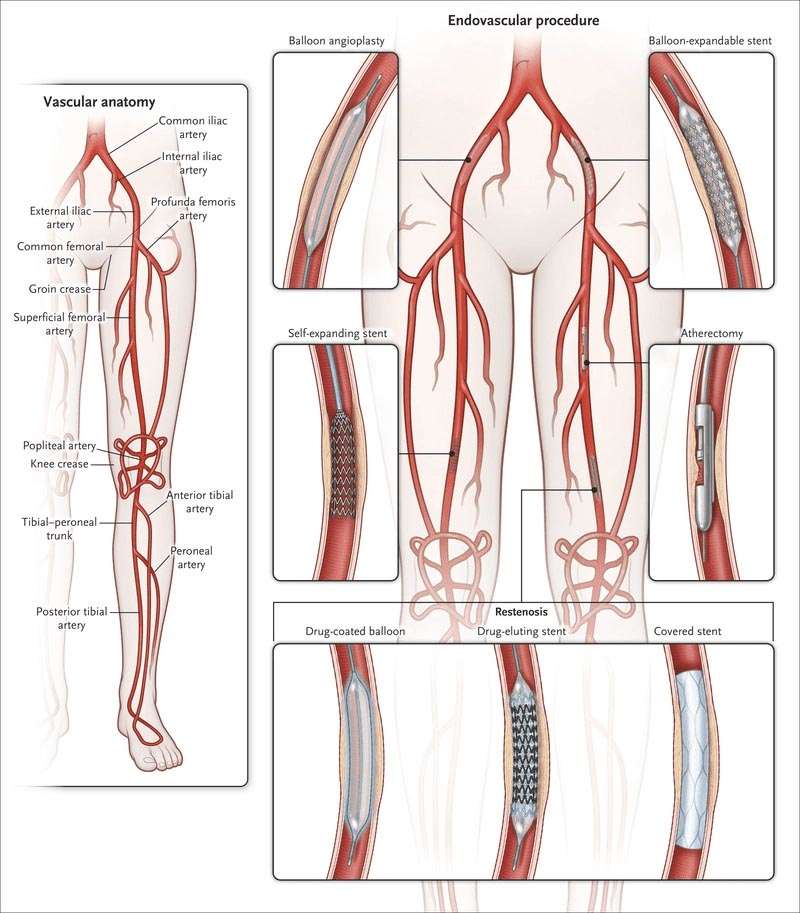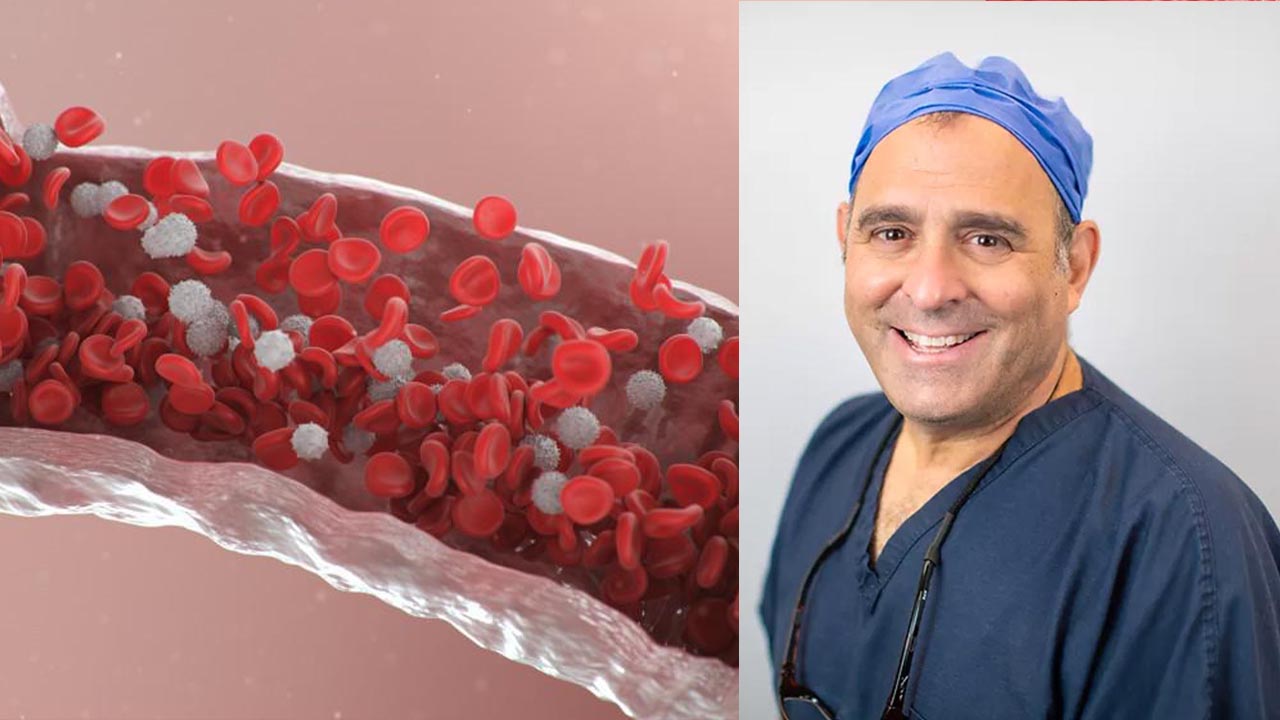Diseases related to our vascular system, arteries, veins, and lymphatic circulation are crucial to human health, and the person who treats such diseases is called a vascular physician. They manage vascular surgeries, medical therapies, minimally-invasive catheter techniques, and surgical reconstructions. Dr. Daniel Simon is one of the best vascular physicians / interventional radiologists in New Jersey.
Vascular physicians treat the blood vessels and the lymphatic system to maintain the fluid balance in the human body. They are highly qualified and trained for vascular interventions and surgeries.
Required Education for a Vascular Physician:
Any person who specializes in conditions related to the arteries and veins has the potential to become a vascular physician and surgeon. A vascular surgeon is a medical professional and must complete a significant amount of schooling. However, medical school for a vascular physician should include practical training and classroom learning.
The first two years of medical school are commonly designated for classroom learning, where experienced medical experts and professionals supervise them. Furthermore, the rest of their medical school is spent implementing what they have learned in the classroom.
Required Training for Vascular Treatment:
After the educational requirements have been completed, you should aspire to a one-year internship or training to become the best vascular surgeon in New Jersey. During this period, close supervision and training should be provided by experienced surgeons. This year is very crucial for a person to become a good vascular physician.
Required Certifications for a Vascular Physician:
The physician must complete their residency and the New Jersey medical licensing examination to be licensed by the state. Board certification in the department of vascular surgery is also required, which will show that the physician has passed the qualifying examination along with the vascular surgery certifying examination. Moreover, both parts are essential to acquire board certification. Vascular Health LLC is home to the best board-certified vascular physician and interventional radiologist in New Jersey. If you have any vascular disease or a symptom related to it, book an appointment today.

Required Skillset:
To become the best vascular surgeon, physician, or interventional radiologist, you should have many hard and soft skills, including:
Coordination
Coordination allows the surgeon to apply their technical knowledge while performing the surgery successfully. Their work requires extremely precise movements; hence, this skill is crucially important.
Stress management
Stress management helps surgeons stay calm while operating challenging procedures and high-pressure scenarios. When they are under pressure, they are required to manage their stress properly to stay composed.
Stamina
Some particular types of surgical procedures require the surgeon to keep standing for several hours; under such a circumstance, high stamina will allow the physician to remain effective.
Communication
This skill will be crucially significant during the surgery and while talking to your staff and patients. A good vascular physician should be able to convey their message and instructions.
Empathy
Empathy is necessary for a surgeon because he has to interact with patients and spend a large part of their day with them. It allows surgeons to feel rapport and pleasant toward patients, especially during crucial encounters.
Leadership
They must be a leader to get the most out of a surgical team. Under unseen complications for a sensitive condition, a physician’s leadership skills will be vital. He is also responsible for overseeing the team. Along with being calm, they must also know how to keep their team calm.
Responsibilities of a Vascular Physician
- A vascular physician has to meet patients, assess them for any disease, and then communicate and discuss it.
- A vascular physician will perform surgeries to relieve the risk levels associated with a patient’s illness.
- If required, he will create any post-operational treatment plan for the patient to follow and maximize the profits associated with the treatment.
- To reduce the chances of recurrence of the treated tissue and illness, they must prescribe essential medications to stay healthy.




